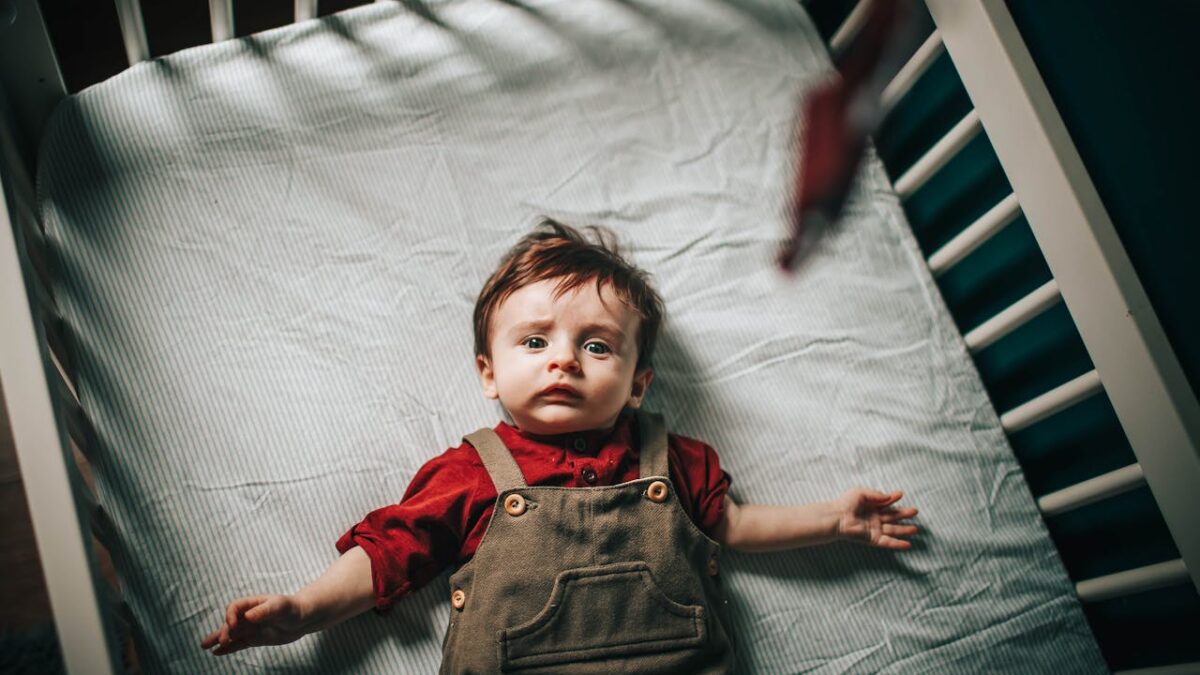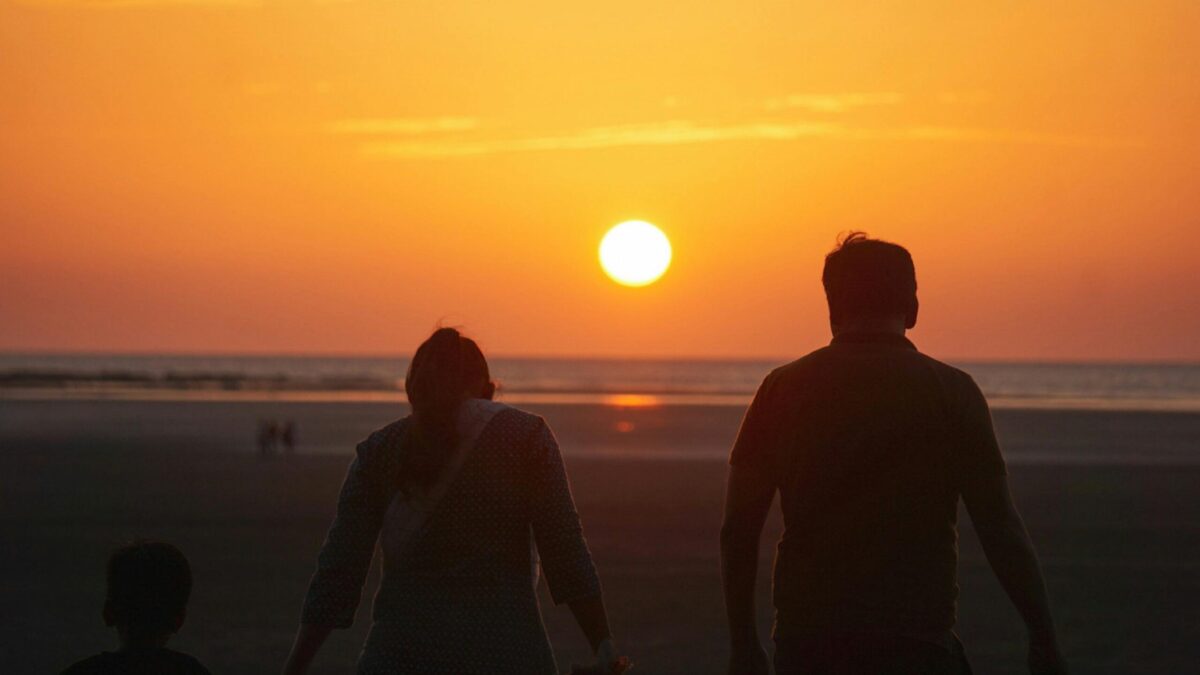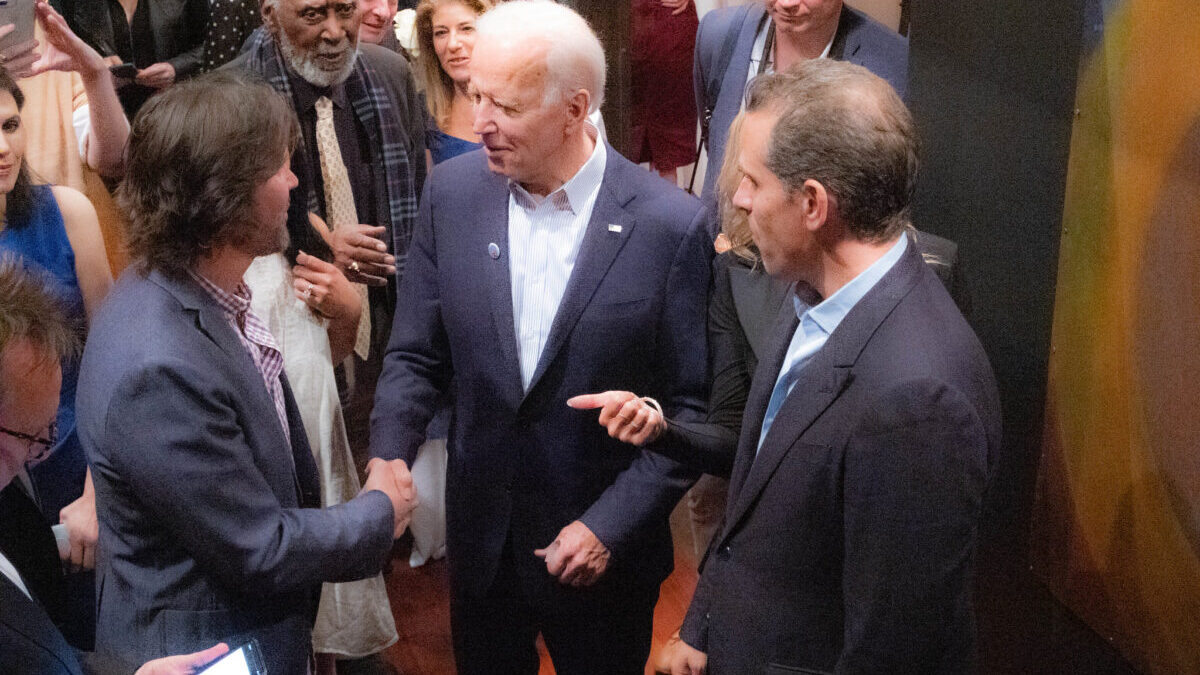
Western media is abuzz with the announcement that the duke and duchess of Cambridge have welcomed their third child, a boy, fifth in line to the throne. Most everyone is excited — except those affiliated with the Arizona-based organization “Having Kids,” which promotes smaller families.
In a letter to the royal family, the organization cited climate change, economic equality, and the distribution of resources as reasons Prince William and Kate should “consider foregoing having a third child… in favor of modelling a smaller, sustainable family.” This advice to model smaller families comes although the U.K. is suffering from a labor shortage, a crisis we too in the states are experiencing.
The aggressiveness, ridiculousness, and impertinence of Having Kids’ claims would be humorous if this kind of thing weren’t so ubiquitous across much of the West, especially in wealthier urban areas where larger families are often considered anathema.
As a father of three children ages five and under living in the Virginia suburbs, I’ve heard my fair share of comments, directed at my family and close friends. Some comments are more benign than others, but all represent a paradigm where larger families are viewed as unusual, if not concerning and threatening to society.
‘Your Family Is Too Big’
Sometimes larger families are simply arresting to casual observers. People don’t see larger families often, and they feel the need to comment, often for benign reasons. One of the more harmless comments one hears is “Boy, you sure do have your hands full!”
I think oftentimes this is meant with no malice, simply an attempt at a humorous observation. Yet it’s often offered when parents are juggling their children, if not suffering at their hands. One kid is trying to get away (or get into something), another is crying, and another probably should have gone to the bathroom before the family left the house.
The typical parental response is simply the awkward smile, communicating something along the lines of “Yes, this is true.” A close friend likes to respond, “Better full than empty!” Perhaps the best response, to quote comedian Jim Gaffigan, is “Yeah, but I can still punch you in the face!”
‘Are They All Yours?’
Another similar question is: “Are they all yours?” It’s hard to tell what exactly is going on in the mind of one who utters this question. Is it that the speaker thinks it unfathomable that a mother could have so many young children?
It could be a subtle insult, with the presumption that they shouldn’t be all from one mother, and if they indeed are, this a concerning societal crisis. Either way, the parental response to such a question can only heighten the awkwardness. How should such a parent react? “Yes, they are all mine, is there a problem? Do my children offend you?”
‘Obviously Nobody Would Willingly Have Several Kids’
One query that is even more antagonistic: “You know where these things come from, right?” Or better yet, “You’re done, right?” These are pretty explicit in their observation that the family in question is too big, according to the judgment of some random passerby.
Even more patronizing and insulting is this one: “Hey, man, you need to keep it in your pants.” Whatever the exact comment, a casual judgment on family size is not only rude and meddlesome, it’s also ignorant. If anybody qualifying for retirement after 2035 wants to collect a significant chunk of Social Security, he or she should be supporting larger American families.
A Society That Rejects Kids Is A Society In Decline
Regardless of the degree of malice intended by strangers’ casual remarks in the public square, it seems increasingly evident that the West, and many parts of the United States, are hostile to big families. Yet hostility towards families with more than a few kids is hostility towards children, a paradigm flush with all manner of problems.
Many critics of families, like “Having Kids,” speak of the need for environmental sustainability. Yet there is another equally important kind of sustainability — that of society. Without children it becomes increasingly difficult to sustain one’s culture. Consider the latter years of the Roman Empire.
As is the case in Europe, labor will need to be imported from outside, creating additional socio-cultural conflicts and pressures. No immigrant labor force wants to stay at the bottom rungs of the socioeconomic ladder forever. Furthermore, without significant youth populations, a society will lack the capital to care for the elderly. Is it any wonder euthanasia is increasingly peddled by the same societies suffering low birth rates?
Evangelism Starts at Home
This anti-family mentality has even seeped into American Christianity. Several years ago my wife attended a big evangelical megachurch known for its trendy music and popular preaching. With her was our eldest daughter, less than one year old then. As soon as they entered the building, ushers sought to direct my wife to the cry room.
This was a surprising and unusual for my wife, as our church always allows kids in the sanctuary, though of course with a room for parents to take unruly children as needed. My wife took her seat before the service started, only to be approached by yet another usher, who emphatically insisted she go to the cry room. After my wife protested, the usher finally acknowledged they were concerned the baby’s cries might distract people from the sermon.
In many cultures and subcultures where convenience, careerism, and self-actualization are the defining features, families with little children — and all the annoying qualities they bring — are sometimes viewed as a hindrance. Our technocratic elite, for example, view large families with disdain, as emblematic of the ignorance and intolerance of religious extremists and fundamentalists (although former Supreme Court Justice Antonin Scalia had nine children!).
Moreover, in a society that promotes technological advancements like in vitro-fertilization and surrogacy, children are viewed not as a gift or blessing, but as another commodity to be bought, sold, and traded. This is a problem even for religious communities, particularly those defined by show and spectacle rather than tradition and substance.
Although many Christian communities are focused on attracting “the younger generation,” they neglect the youngest generation — babies and little children. Given that we all once were little members of families ourselves, and that new generations will always be needed to perpetuate society and care for us in our old age, we should be more welcoming of children, warts and all.
As I like to tell my friends who plan a life exempt from children, “The world needs more people like you in it!” So to Prince William and Kate, whom seem like just such good people, I say: Have as many children as you reasonably can. The world will be better for it.









